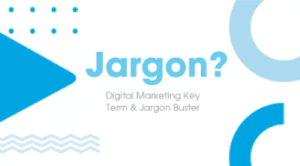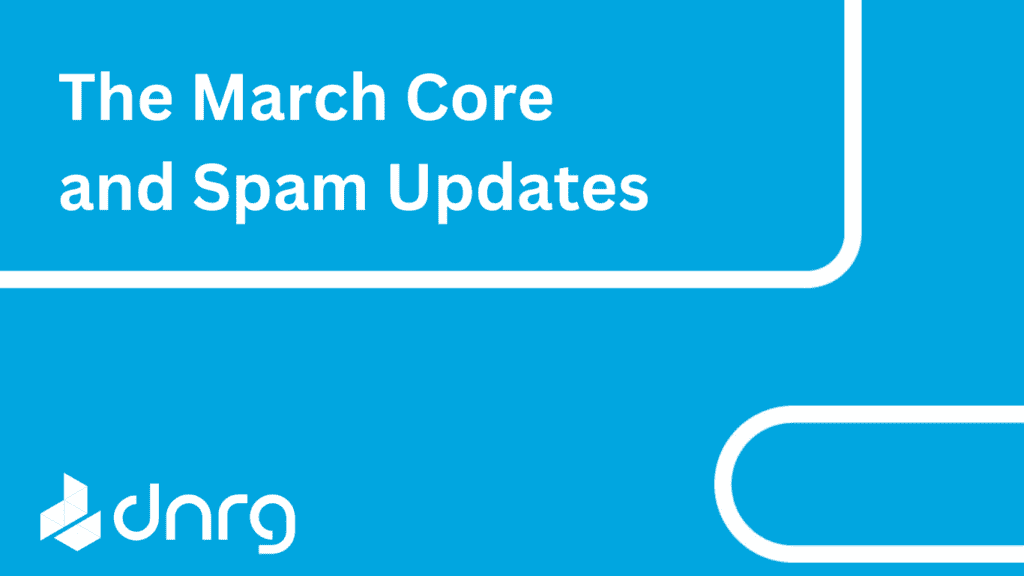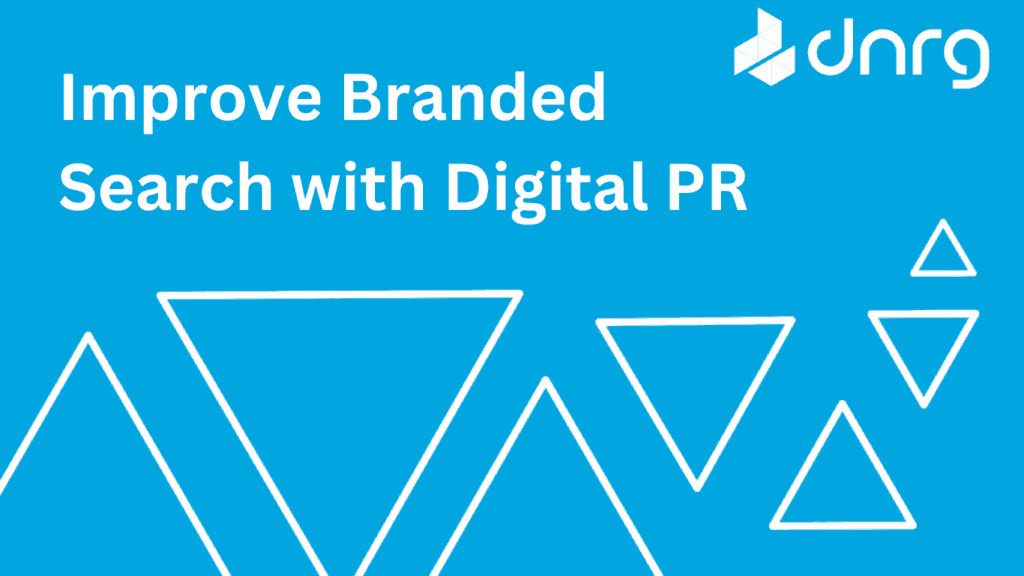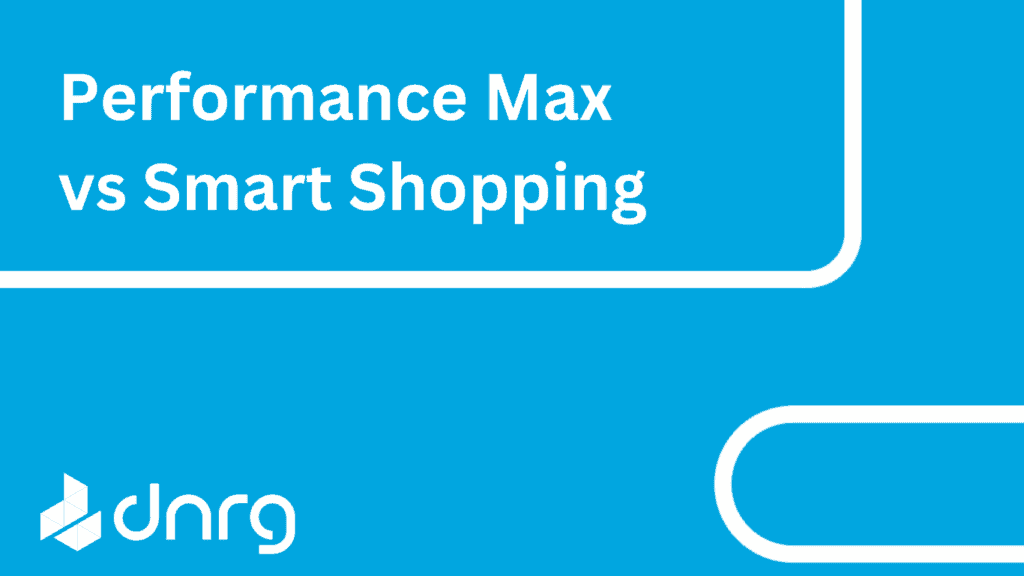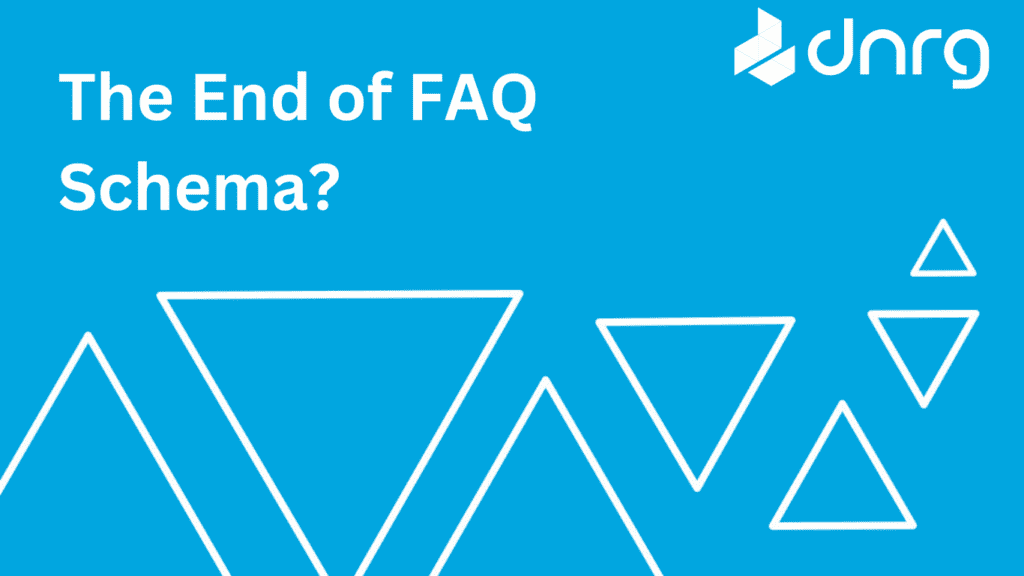
DNRG’s Digital Jargon Buster
We understand that there are a lot of long terms and acronyms in the digital world that may be very confusing to start with. With this in mind, we here at Digital NRG have therefore created this Digital Marketing Jargon Buster guide that will break down these Acronyms & Jargon to give you a better understanding.
We have separated these into two separate key term sets; Digital Marketing & Website Metrics key terms.
Digital Marketing Key Terms
There’s a range of acronyms that we get maybe very confusing at a first glance. However, hopefully, these should clarify any doubts that you may have had about the terminology that’s used in the digital world. These should definitions should cover a wide range of terms that covers marketing tools and website foundations.
- Pay per click (PPC) – This refers to the method of paying for ads with the intention of gaining clicks.
- Cost Per Click (CPC) – The metric and figure of the average cost per link click.
- Cost per Lead/Action (CPL/CPA) – The average cost per lead/action generated
- Search Engine Optimisation (SEO) – the process of improving the quality and quantity of website traffic to a website or a web page from search engines. SEO targets unpaid traffic rather than direct traffic or paid traffic.
- Click through Rate (CTR) – the % rate of users that click your ad after seeing it.
- Domain Authority (DA) – the search engine ranking score developed by Moz that predicts how likely a website is to rank in search engine result pages
- Conversion Rate Optimisation (CRO) – Conversion rate optimization is the process of increasing the percentage of users or website visitors to take a desired action. Typically a sale, phone calls, email etc.
- Call to Action (CTA) – This is a command that users interact with such as; a hyperlink, all buttons i.e. “subscribe”, learn more, etc.
- SSL (Secure Sockets Layer) – The encryption that provides security to a site’s data. This is the padlock that you will see when visiting sites.
Website Metric Key Terms
- Users – The number of website visitors within the selected date range.
- New Users – The number of users who have visited your website for the first time in the selected date range.
- Page views – An instance of a page being loaded (or reloaded) in a browser.
- Sessions – The number of website visits within the selected data range.
- Page/sessions – The average number of pages viewed during a session on your website.
- Lead – The number of website leads generated in a time period. This includes calls, sales, calls and email enquiries.
- Average session duration – The average time frame during which there are regular active interactions occurring from a user on a website.
- Website Conversion Rate (%) – The percentage of users that convert after clicking (28 days) or viewing (1 day) an advert.
What’s a good conversation rate then?
Well, conversation rates differ depending on the industry and the product/service that is being provided. Since appliances are considered purchases and it is harder to sell than the average product the conversation rate will be lower than these products. Therefore, a conversation rate of around 6 – 8% is good.
- Bounce rate (%) – The percentage of visits in which a person leaves your website from the landing page without browsing any further.
What’s a good bounce then?
This can vary and has lots of reasons for a high/low bounce rate. Typically, we would say that a bounce rate of anything over 70% is fairly high and at this point, you should look for ways to lower this. There are plenty of ways to do so and we can provide you with assistance on how to do so should you request some help.
If you have any questions or wish to find out how your business can grow and benefit from our digital services here at Digital NRG then please; use the “Get in touch” feature, email us at info@digitalnrg.co.uk or call us on 0333 7000 787.
